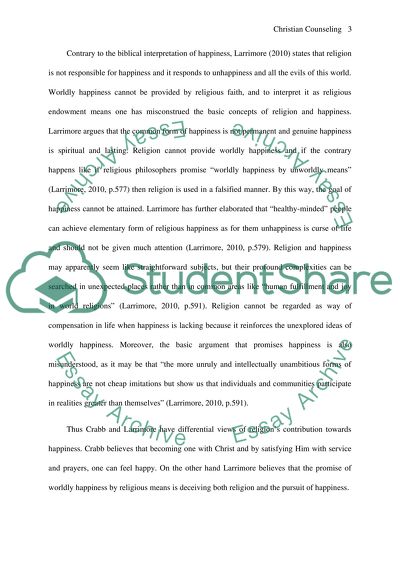Cite this document
(“COMPARE AND CONTRAST Christian counseling Research Paper”, n.d.)
COMPARE AND CONTRAST Christian counseling Research Paper. Retrieved from https://studentshare.org/psychology/1486067-compare-and-contrast-christian-counseling
COMPARE AND CONTRAST Christian counseling Research Paper. Retrieved from https://studentshare.org/psychology/1486067-compare-and-contrast-christian-counseling
(COMPARE AND CONTRAST Christian Counseling Research Paper)
COMPARE AND CONTRAST Christian Counseling Research Paper. https://studentshare.org/psychology/1486067-compare-and-contrast-christian-counseling.
COMPARE AND CONTRAST Christian Counseling Research Paper. https://studentshare.org/psychology/1486067-compare-and-contrast-christian-counseling.
“COMPARE AND CONTRAST Christian Counseling Research Paper”, n.d. https://studentshare.org/psychology/1486067-compare-and-contrast-christian-counseling.


